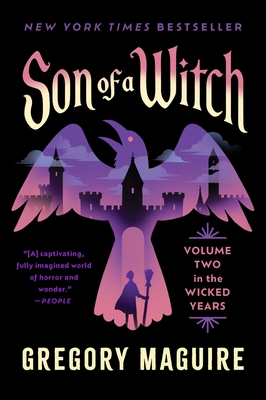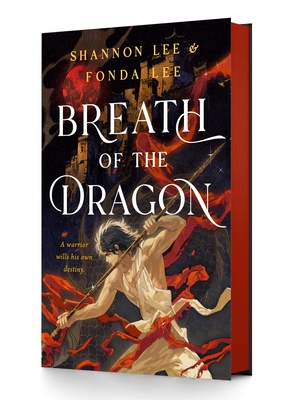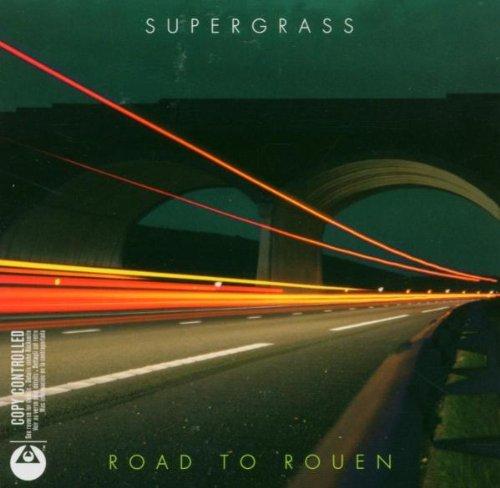
The New York Times bestselling sequel to Wicked, the multimillion-copy bestseller and basis for the #1 smash hit movie starring Cynthia Erivo and Ariana Grande.
When a Witch dies--not as a crone, withered and incapable, but as a woman in her prime, at the height of her passion and prowess--too much is left unsaid. What might have happened had Elphaba lived? Of her campaigns in defense of the Animals, of her appetite for justice, of her talent for magic itself, what good might have come? If every death is a tragedy, the death of a woman in her prime keenly bereaves the whole world.
Gregory Maguire returns to the world of Wicked and the land of Oz to follow the story of Liir, the adolescent boy left hiding in the shadows of the castle when Dorothy did in the Witch.
A decade after the Witch has melted away, the young man Liir is discovered bruised, comatose, and left for dead in a gully. Shattered in spirit as well as in form, he is tended by the mysterious Candle, a foundling in her own right, until failed campaigns of his childhood bear late, unexpected fruit.
Liir is only one part of the world that Elphaba left behind. As a boy hardly in his teens, he is asked to help the needy in ways in which he may be unskilled. Is he Elphaba's son? Has he power of his own? Can he liberate Princess Nastoya into a dignified death? Can he locate his supposed half-sister, Nor, last seen in shackles in the Wizard's protection? Can he survive in an Oz little improved since the death of the Wicked Witch of the West? Can he learn to fly?
In Son of a Witch, Gregory Maguire suggests that the magic we locate in distant, improbable places like Oz is no greater than the magic inherent in any hard life lived fully, son of a witch or no.







